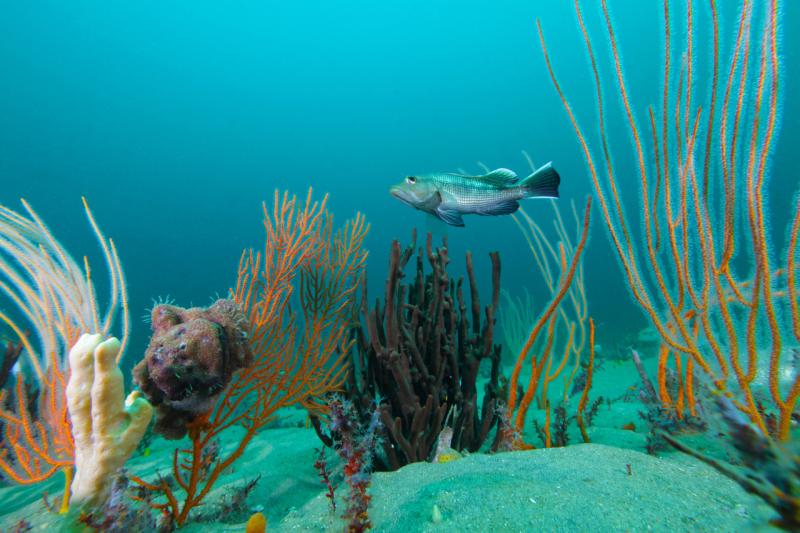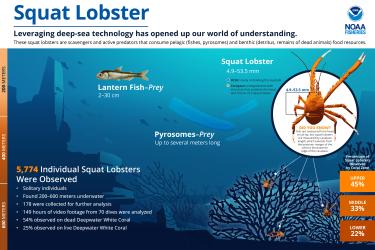A new NOAA Fisheries-funded study published this week in the journal PLOS ONE presents the first major projections of where U.S. fish species populations may shift under future climate scenarios. The research was led by James Morley and Malin Pinsky of Rutgers University-New Brunswick.
According to Rutgers:
"Climate change will force hundreds of ocean fish and invertebrate species, including some of the most economically important to the United States, to move northward, disrupting fisheries in the United States and Canada.
Fish are sensitive to the temperature of the water where they live, and as it becomes too warm, populations often shift to where the water temperature is right for them. This process has already begun, though at different rates in different places. As climate change continues and the oceans warm up, the study shows, more species of fish will move north to where the temperature range is habitable for them."
16 different climate models were used by researchers for this study, as was NOAA Fisheries stock assessment data for many species including finfish, sharks, rays, crustaceans, and squid.
Cisco Werner, Chief Science Advisor for NOAA Fisheries, stated:
“This kind of science helps fishermen, fishery managers, and fishing communities track ocean change, assess resources at risk, and safeguard the nation's valuable marine fish stocks and the many businesses and people that depend on them,” he said.
View the study. More information on NOAA Fisheries and changing oceans is here. Also view the NOAA Fisheries Climate Science Strategy.

